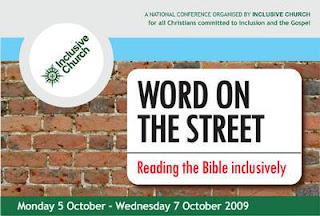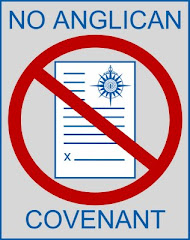It all began last Sunday evening with a journey to "The Cock" in Sussex where I partook of a rather succulent trencher of steak and ale pie, accompanied by vegetables and a merry company.

All too soon I had to leave the comfort of this last homely house and head for the salt-air of the coast. There I found queer lodgings and the next day I made my way to a small one-storey place of entertainment where the food was good, the ale flowed freely, and tales were told.
On the Tuesday I was driven in a carriage without horses to the metropolis, and found welcome in sumptuous surroundings. The scent of moth-balls and oil paint greeted my nostrils, and faces captured in a moment of time looked down upon me.

I left this opulence for a while, finding hot beverage in the nearby Gloucester Road, and gazing with some longing at the delicacies displayed in the window of the patisserie next door.


That evening, sustenance was taken in a Moroccan tavern,

and I ate lamb and couscous and drank liberally of their red grape libation.
Wednesday saw me venture forth into the city, and I visited the grand Library where I was reminded of the lost treasures of Alexandria. Leather-bound volumes stretched from floor to ceiling, and in another dimly-lit room, precious and ancient illuminated manuscripts were open to viewing.

From there a fair wind took me to a vast national treasury where I gazed upon great monuments from Egypt and Greece.
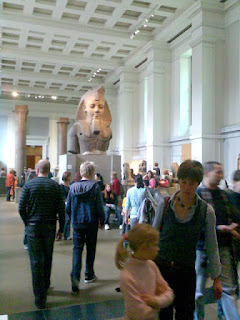
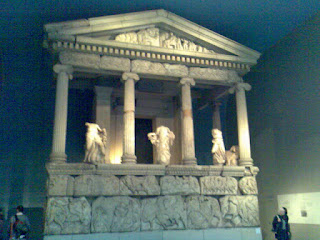
An open-air market was found in the grounds of St James's church in Picadilly before I wandered back to South Kensington, purchasing some vittals for the evening meal.
Thursday I took a different direction, and visited the depository of Queen Victoria and her Consort. Here I walked through endless rooms filled with centuries of silver, including many ecclesiastical items. From thence I made my way to the home of the great Commander, old "hook-nose" himself, Wellington, at Hyde Park Corner.

I walked his halls and rooms, marvelling at the decorations and items pillaged at the defeat of Napoleon. From here my steps led me to the sanctuary of St. Paul's church, West Kensington, and I sat for a while in its calm interior.

From here it was westward to the grand bazaar of Sheikh Harrod where I sated my appetite with a taste of the Orient - three pork dim sum and a glass mug of flowering jasmine and lily tea.

Feasting that evening took place in the setting of the New World, and a fine "burger" was enjoyed.
Friday was a day of travel, and I journeyed by train from London to Brighton, and by omnibus from thence to New-Haven to collect my own carriage.
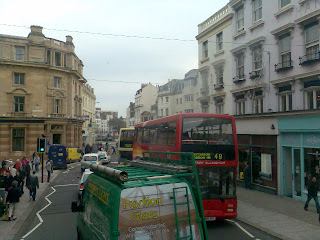
The route back to the shires of Suffolk was made more tedious by congestion around the river crossing, but I eventually made it back to my home to discover all in order.


